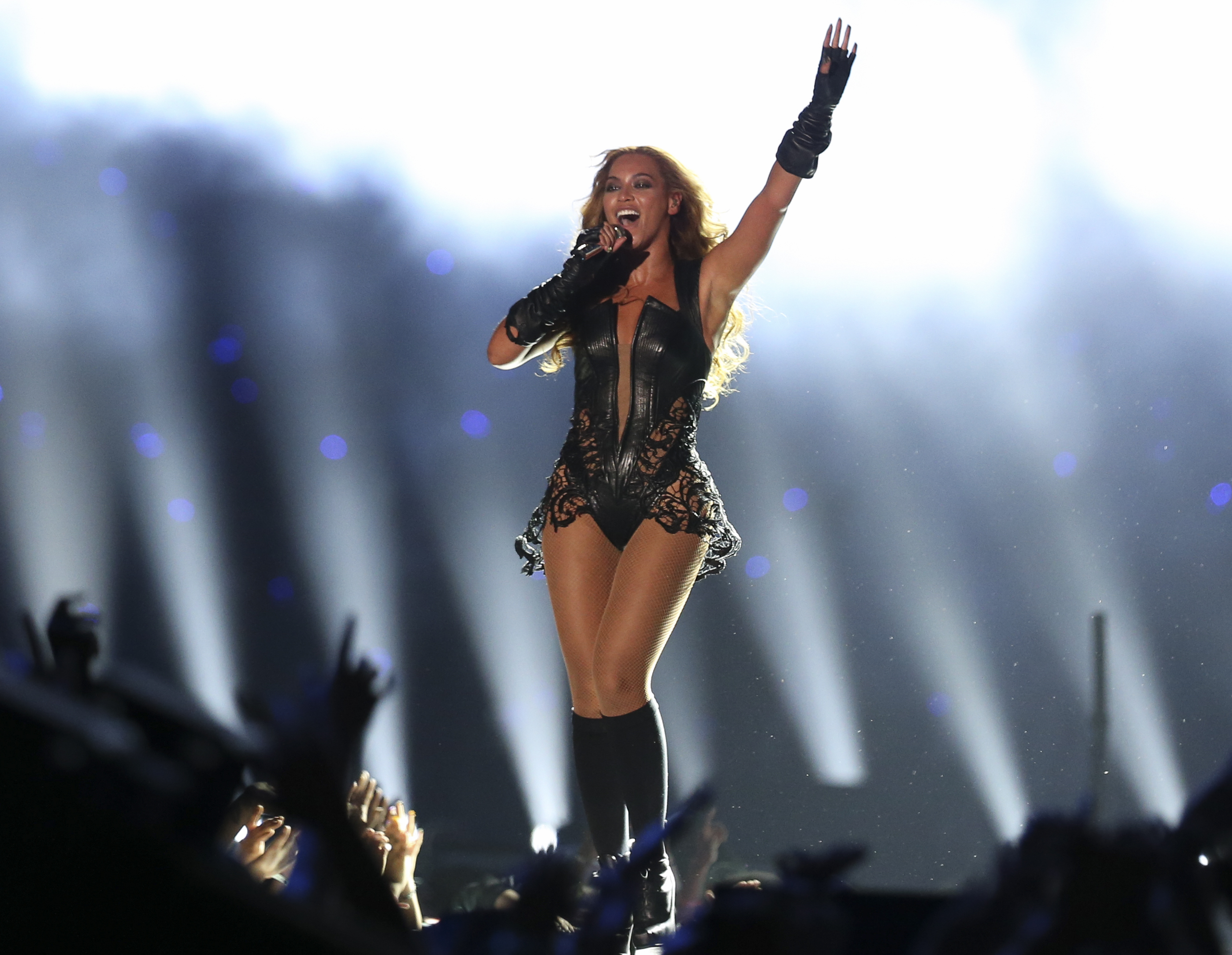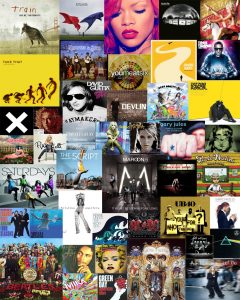It’s hard to believe, but the Super Bowl Halftime show has not always featured pop star performers—in fact, this has only been the case since the ’90s. Occasionally, major stars would perform at the game (Ella Fitzgerald in 1972 comes to mind), but for the first two and a half decades of the game’s history, the halftime show was not considered an integral aspect of the game’s entertainment value.
Rather than having one of the biggest stars of the era perform, the Super Bowl’s halftime show pretty closely resembled that of every other halftime show, featuring a performance from a college marching band.
Beginning with New Kids on the Block’s halftime show in 1991, however, the performance evolved into a litmus test of a musician’s staying power. Some have tried to use the show as a way to relaunch a career and reintroduce themselves to the general public, and others to demonstrate their domination of the nation’s popular music scene. In achieving these goals, various performers have reached wildly varying levels of success.
Against all odds, the 54th halftime show was well-received, even though its setlist could have been directly lifted from the early 2000s. Very few people under the age of 25 remember a time in which Jennifer Lopez and Shakira were A-list celebrities.
However, following their halftime show, these artists’ sales spiked as well. This, in combination with the generally positive reception of their performance, demonstrates that the artists were able to market themselves to a new audience. It remains to be seen, however, if this translates into any lasting momentum for their careers.
Although occasionally performers make history by delivering a stunning halftime show (a la Beyonce or Lady Gaga) by and large the most memorable Super Bowl Halftime Shows are disasters. It is far, far easier to name times when the Halftime Show has ended up as a drag on an artist’s career.
The Black Eyed Peas’ performance at the 45th Super Bowl is one of the most infamous flops in super bowl history—Rolling Stone even named it as the worst Super Bowl performance of all time. The Black Eyed Peas had already released an album, The Beginning, several months prior to mixed reviews, and their bombed Super Bowl performance seemed to solidify the American public’s rapidly declining opinion of them. The group would announce an indefinite hiatus only a few months later.
Justin Timberlake also suffered from a few career-damaging shows. In his first halftime show, he accidentally ripped off a portion of Janet Jackson’s shirt, causing irreparable damage to her career and reputation. Following the incident, Jackson’s singles and music videos got blacklisted from several major outlets, including MTV and CBS. The incident remains prevalent in the popular consciousness almost 20 years later.
Timberlake performed the halftime show yet again, this time to promote his album Man of the Woods (2017), which had been released only two days prior. His performance was widely written off as mediocre—it wasn’t that there was some aspect of his performance that was actively bad, it was just that it didn’t do anything exciting. Every time I’ve asked someone their opinion on his second halftime show, they didn’t remember this performance even happening. The gap between the prevalence of these two halftime shows illustrates that the only thing worse than being awful is being forgettable.
Over the Super Bowl’s 54 year history, the halftime show has evolved from an insignificant, easily overlooked aspect of the game to an enormous part of American popular culture, with the ability to jump-start or end careers in a single evening.





